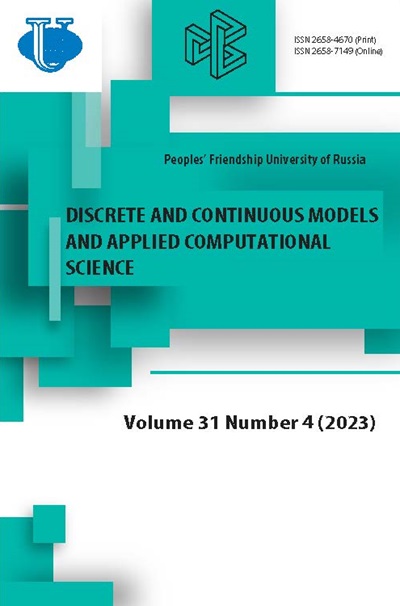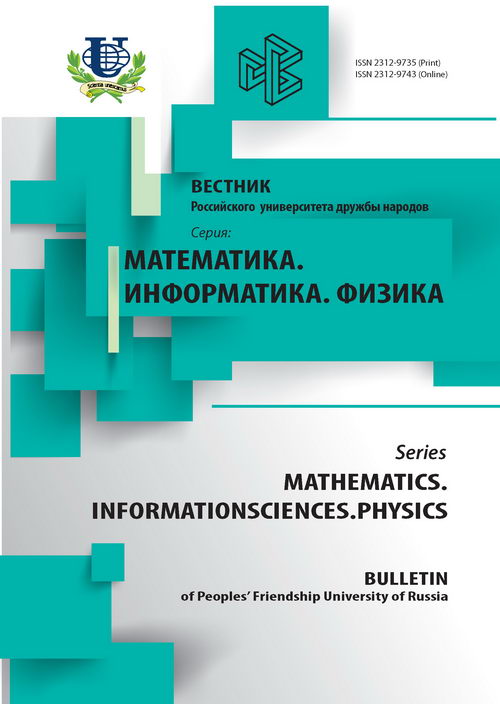The Principle of Feedback on the Quasi-Accelerations for Unstressed Stabilization in Finite Time of Given Man ifolds of Mechanical and Generalized Systems
- Authors: Mukhametzyanov IA1
-
Affiliations:
- Peoples’ Friendship University of Russia
- Issue: No 3 (2014)
- Pages: 107-114
- Section: Articles
- URL: https://journals.rudn.ru/miph/article/view/8236
Cite item
Full Text
Abstract
The procedure is described of application of the “principle of feedback on the quasi-accelerations” in the construction of auto-adjustment control vector for bringing the condition of mechanical and generalized systems without impact to a given manifold of phase state of systems in finite time, in full or partial uncertainty mass-inertial parameters of the system and disturbances acting on it. This process is called unstressed stabilization of system in a finite time. Varieties of the condition of systems are given by set of holonomic and nonholonomic soft links. A set of control vectors that provide a solution to this problem is obtained. Then from this set of vectors control vectors of minimal dimension and minimum Euclidean norm are allocated. The examples are shown of applying these results to solve problems of practical importance, such as process of control of unstressed docking of surface and underwater and spacecrafts objects, unstressed landing of landers to the moving platforms, and capture of fast moving objects, including “space debris”. In contrast to previous works of the author on the problems of control of mechanical systems, here, along with them, more general systems are also considered, including systems of other physical nature, such as the Helmholtz system, and a wide class of systems with variable masses, depending not only on generalized coordinates, but also on the generalized velocities. In addition, such systems may also include economic systems when considered as dynamic analogs of mechanical and generalized systems. It should be noted that in the above extension of the class of systems under study one have to reckon with the fact that the generalized matrix of quadratic form of the mass-inertial characteristics of the system may not be positive definite, unlike mechanical systems, but only to be nonsingular. This fact does not allow building a control without the use of elements of this matrix, it was possible in the case of mechanical systems. However, in the work a universal vestor could be built that does not depend on these elements, for any generalized systems, Multiplying that vector by this generalized matrix, the law of control of any given generalized system is determined. Thus, the results can be regarded as a significant contribution to the theory of auto-adjustment control of mechanical and generalized systems and their dynamic counterparts, when the goal of control is unstressed bringing of condition of system to given manifold, formed by program constraints, with incomplete information about the non-control forces and disturbances acting on system.
About the authors
I A Mukhametzyanov
Peoples’ Friendship University of Russia
Email: mukhia@mail.ru
Department of Theoretical Physics and Mechanics
References
















